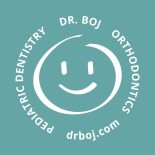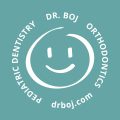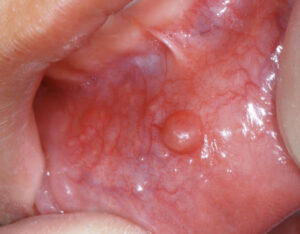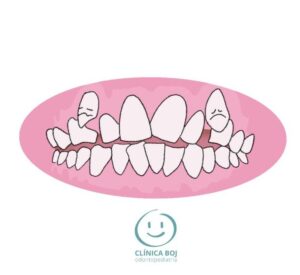The importance of diet in Dentistry
What is the diet in dentistry?
The diet in dentistry has to be focused on obtaining better oral health and that children do not have cavities. Therefore, it is a fundamental aspect for the oral health of children and young people. With parents taking certain factors into account, their children can reach adulthood without the appearance of caries.
The American Academy of Pediatric Dentistry and the Spanish Society of Pediatric Dentistry, we will raise certain guidelines on diet in children.
Undoubtedly, advice during regular visits to the pediatric dentist will help maintain good oral health in the youngest members of the family.
How does diet influence oral health?
Without doubt, diet plays a very decisive role in dental health. Therefore, the effect on the health of the teeth is very different from the presence of:
a) a diet rich in carbohydrates or
b) a diet rich in minerals and fiber.
For many, many years, we have known both from the point of view of research and from that of experience and observation. Thus, there is an association between foods rich in carbohydrates and the frequency of snacking between meals, with the appearance of caries.
Some characteristics of foods that we should take into account, which have an influence on the risk and production of caries, are the following:
a) the amount of sugar,
b) consistency,
c) the sequence and frequency of ingestion,
d) finally, the pH of the food.
What is a cariogenic diet?
Undoubtedly, there are many cariogenic foods in our culture in today’s society. Some we are aware of, but others we are not, as is the case with dry fruits that are sticky for the teeth. Also, we know the frequency of ingestion and the quantity of ingestion plays a decisive role in the production of acids and the formation of caries.
Any food containing sugar, i.e. food rich in carbohydrates, produces caries. In addition, we know that an increase in the daily sugar level in children means an increased risk of caries.
Also, the frequency with which cariogenic foods are eaten is detrimental in the sense that it facilitates the appearance of caries. In other words, the risk of enamel demineralization is increased.
Therefore, this will result in a greater predisposition to suffer from diseases such as:
a) high cholesterol,
b) arterial hypertension,
c) endocrine type problems,
d) alteration in the functioning of the liver and/or
e) bone weakness favoring bone fractures.
How important is diet in dentistry?
Obviously, starting prevention and oral and dental care from the time children are very young helps a lot. Even at one year of age or earlier, establishing preventive guidelines.
These regular visits to the dentist will provide dietary recommendations that will benefit both dental and general health. The elimination of bacterial plaque from the first tooth or very early on reduces the risk of dental caries. It is also important to reduce snacking.
For sure, one time in the lives of our young patients that we must be very attentive to is adolescence. Many teenagers substantially increase their intake of high-carbohydrate foods and sugary drinks.
What nutrients are necessary for good oral health?
As parents or people responsible for our children, it is very important that we encourage adequate and varied nutrient intake. These habits will be beneficial not only for teeth, but also for overall good health.
We must try to use foods that do not increase the risk. We are talking about foods that do not contain carbohydrates or contain a low number of carbohydrates. For example, foods with high amounts of calcium, fluoride and proteins.
We could not forget to talk about a good oral hygiene by brushing your teeth two or three times a day. In this way, bacterial plaque will be removed from the dental enamel that produces harmful acids.
References:








